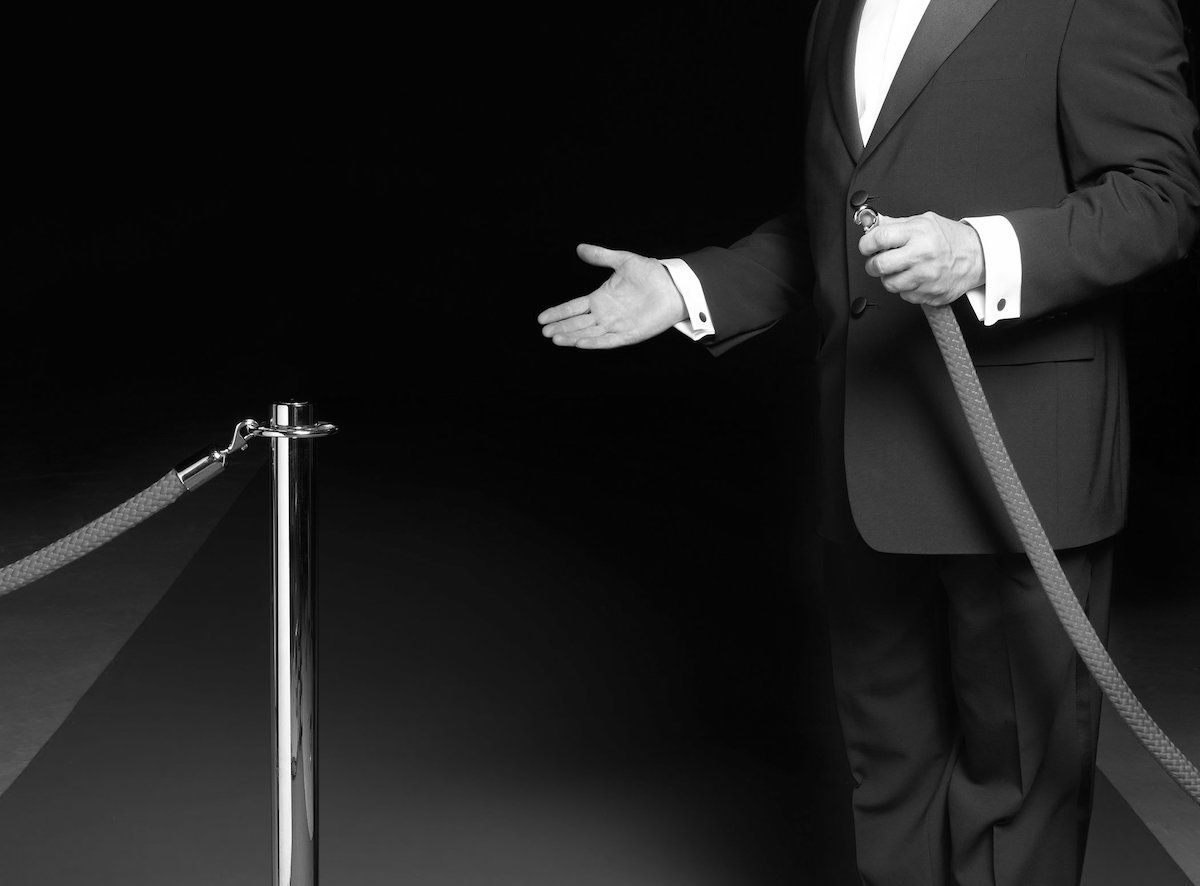Only the best customers need apply
Why traditional business metrics are too blunt to be effective enough.

'Retail customers that initially transact with a brand through a physical retail store are on average far more profitable for a business than those that were initially attracted to doing business with that retailer via an online option. '
That's what marketing researcher Daniel McCarthy has uncovered in his work on customer-based corporate valuations.
Why would that be?
Why is it that people who prefer to walk into a shop, browse around, make a transaction are generally higher-quality customers (they are more loyal, spend more per transaction, are happier to recommend a brand to others) than those that lie on their couch at home and click a button to buy an item?
That's not all though - according to McCarthy there are significant differences in the quality of customers that are acquired by business depending on the advertising channel through which they were acquired.
In many cases, traditional ad platforms tend to deliver better customers than social media; YouTube pre-roll ads seem to attract better customers than Facebooks ads do.
The reasons as to why this is are unclear, but the insight that it offers us is profound.
The point is that all too often marketers and strategists think about customers as a homogenous group.
Marketers measure success on the 'gross number of customers' that they can attract, CEOs frame their goals according to metrics like 'marketshare'.
But within 'marketshare' there are customers that you really want to do business with because they are profitable, and there are customers that frankly you wouldn't want to touch, because they will end up costing the company more money to service than what they are worth.
Simply measuring marketshare gain or loss is a blunt metric - it tells you very little of value.
Improving your profitability therefore means improving your ability to distinguish between and attract and retain a higher proportion of high-quality customers.
It's like the night club that only allowed good looking people in, because that discriminating practice actually increases the overall marketability of the club and ultimately increases the social value of the place.
The nuance here matters a lot. If strategy is to be effective, strategists need to be willing to sweat the small stuff like this.



